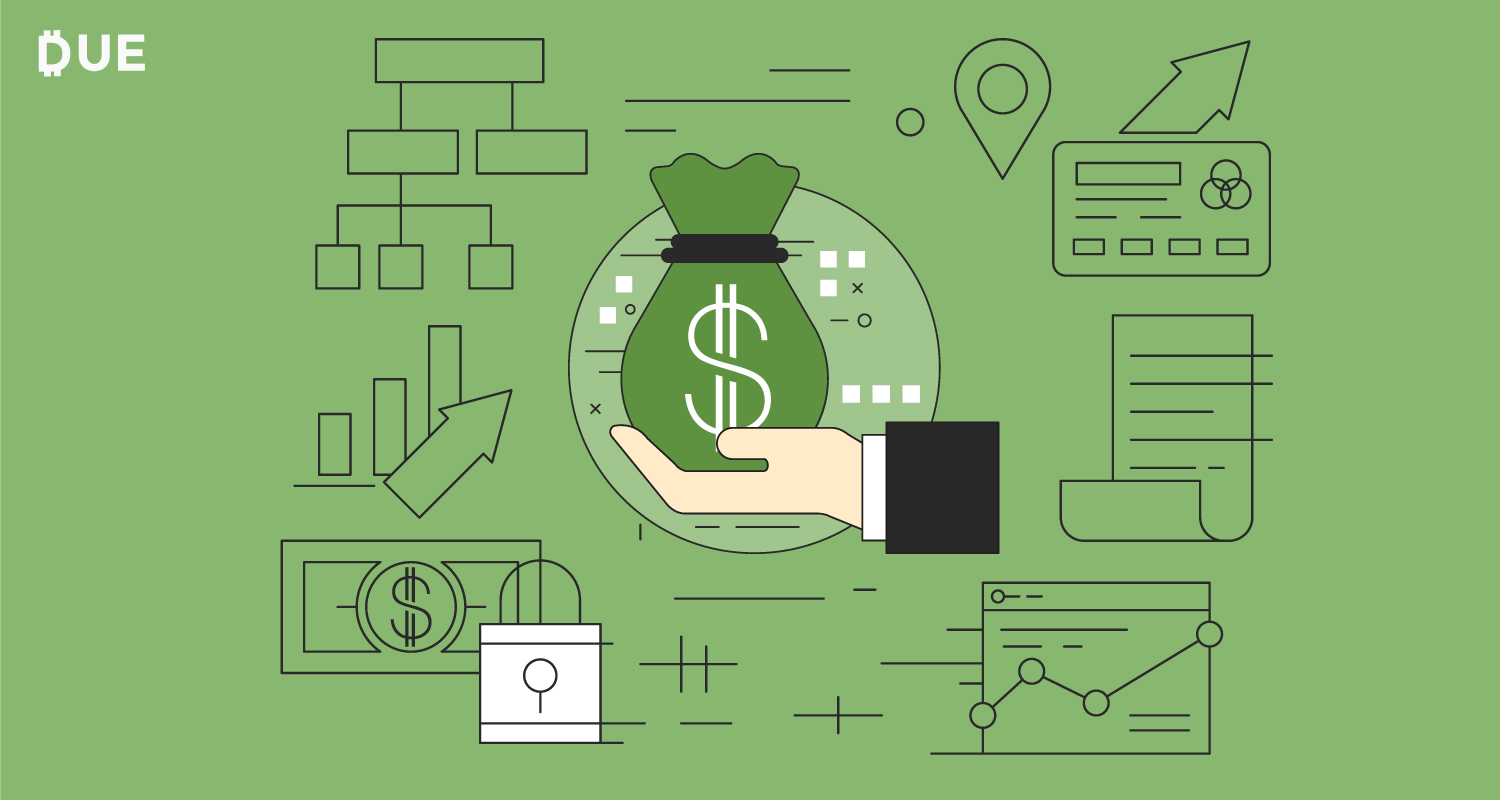Americans are stressed out about money.
The statistics about Americans and money aren’t great in most cases; in 2015, 76% of CFP’s said that their clients number one financial stressors was healthcare costs. A 2016 survey of Baby Boomers revealed that 60% fear running out of money in retirement. And 30% of adults in the US feel stressed about money constantly.
Money is supposed to be a tool. But when you don’t understand it, or earn enough of it, it gets to feeling stressful really quickly.
If you’re feeling stressed out about money, here are a few ways to calm down and sort the situation out.
Table of Contents
ToggleTake a Deep Breath
When you’re beginning to feel that money stress get out of control, take a deep breath. Stress is physically unhealthy for us and it keeps us from being really productive. Before you can do anything else, you need to take care of yourself.
Figure Out Your Numbers
Numbers always tell the truth. Sometimes it might be difficult to hear that truth, but it’s always the first step.
You can start by listing out all your monthly expenses and categorizing them into needs and wants. This helps you see where you can cut back, if you can cut back at all. Second, do the same thing with your debts; list them out so that you know what you owe and where to send it.
Knowing your numbers gives you the power to change them. Whatever your next move is, reduce your money stress with figuring out the numbers.
Learn About Money
Learning and reading about money is a great way to demystify it. If something feels foreign to you it’s probably going to stress you out more than the thing that feels familiar. Money stress will go away over time as you learn more about money.
You can read blogs and books about money. Start listening to money podcasts. You can talk to friends and family about how they manage their money. There are a lot of options to learn about money once you start looking. Here’s a list of three books about money to kickstart your journey.
Start Small
Taking one step today and one step tomorrow is the way to go. Don’t try and climb your money mountain all at once. Small things become big things, and time can be your friend.
For example, something you’ll hear a lot in the personal finance world is that you need to have an emergency fund with 6 months living expenses saved in it. That can take months, if not years to save! But starting off my saving $50 a month is great- it lays the groundwork for your emergency fund and introduces the habit of saving.
















